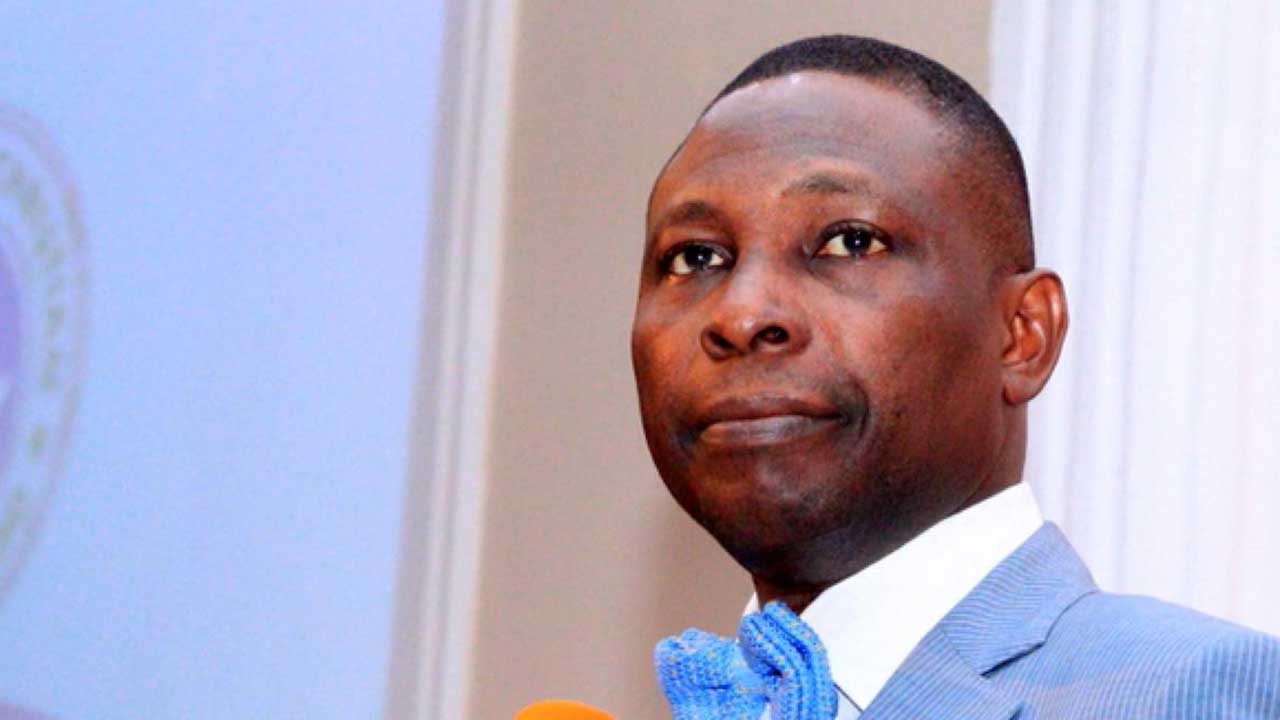A legal luminary and former president of the Nigeria Bar Association (NBA), Dr Olisa Agbakoba, has said the government should focus more on providing an enabling business environment rather than doing business with businessmen.
Agbakoba stated this on Tuesday at the CEO Luncheon Series 5, organised by the Franco-Nigeria Chamber of Commerce and Industry (FNCCI) in partnership with KPMG in Lagos.
Agbakoba, a maritime law expert, said government’s business is not business but policy. “If you create the environment for policy, it will allow the businessmen to thrive, to go on unimpeded, uninterrupted, without the government on their back.
“But today, you have government competing with business. For instance, in healthcare, government is still building hospitals. They shouldn’t be doing that.
“They should leave it to the private sector. In oil and gas, government has NNPC, even though they have passed the PIA Act. So government should understand that our own is to create the environment that will enable people to thrive.”
According to him, when people thrive, they employ more people. And the issue of hunger and unemployment will go down. The government does not know how to employ people.
“But government knows how to create an environment to employ people. So they have to understand that difference. Once they do so, it will be to the good of all of us, and the 133 million Nigerians who are desperately poor will go down,” he said.
Speaking on the theme of the event, titled ‘Policy, Reforms and Business in Nigeria; What CEOs should know’, he said CEOs should learn to grow and expand their understanding of the business environment and key into the policies of government.
Partner and Head of Tax, Energy and Resources at KPMG, Ayo Salami, stated that the expectation is for each CEO who attended this event to have gained insights into what is likely to happen in the next one or two years regarding the fiscal environment, the effects of the regime, trade policies, employment, and other factors. It is anticipated that they will increase their efforts to confront upcoming challenges.
Salami mentioned that Nigeria has repealed about 11 laws and replaced them with a new set of laws. These laws have clarified some ambiguities present in the previous legislation and have also simplified certain provisions, providing taxpayers with greater clarity on the requirements of those laws.
The Director General of FNCCI, Moses Umoru, stated that the chamber is focused on ensuring that some of the government’s reforms are implemented and not reversed when a new government takes office.
Umoru explained that the chamber is focusing on the frameworks provided by the government to support businesses within its space, enabling the economy to grow.
Gabriel Ukpeh, Chairman of FDI Advisors Limited, stated that without foreign investment, the country’s development would be challenging.
He noted that the concerns of foreign investors relate to the environment, including security, infrastructure, and power or electricity—basic issues that the government can address.
According to him, the country’s policy direction is progressing well. “You can even see that the foreign exchange is rising. There are tax reforms and reforms across various sectors.
“So we are beginning to move in the right direction. Subsidies are out, and the exchange rate is climbing up a bit. But the environment now, we need to work on creating a conducive business environment for investors to come,” he said.






